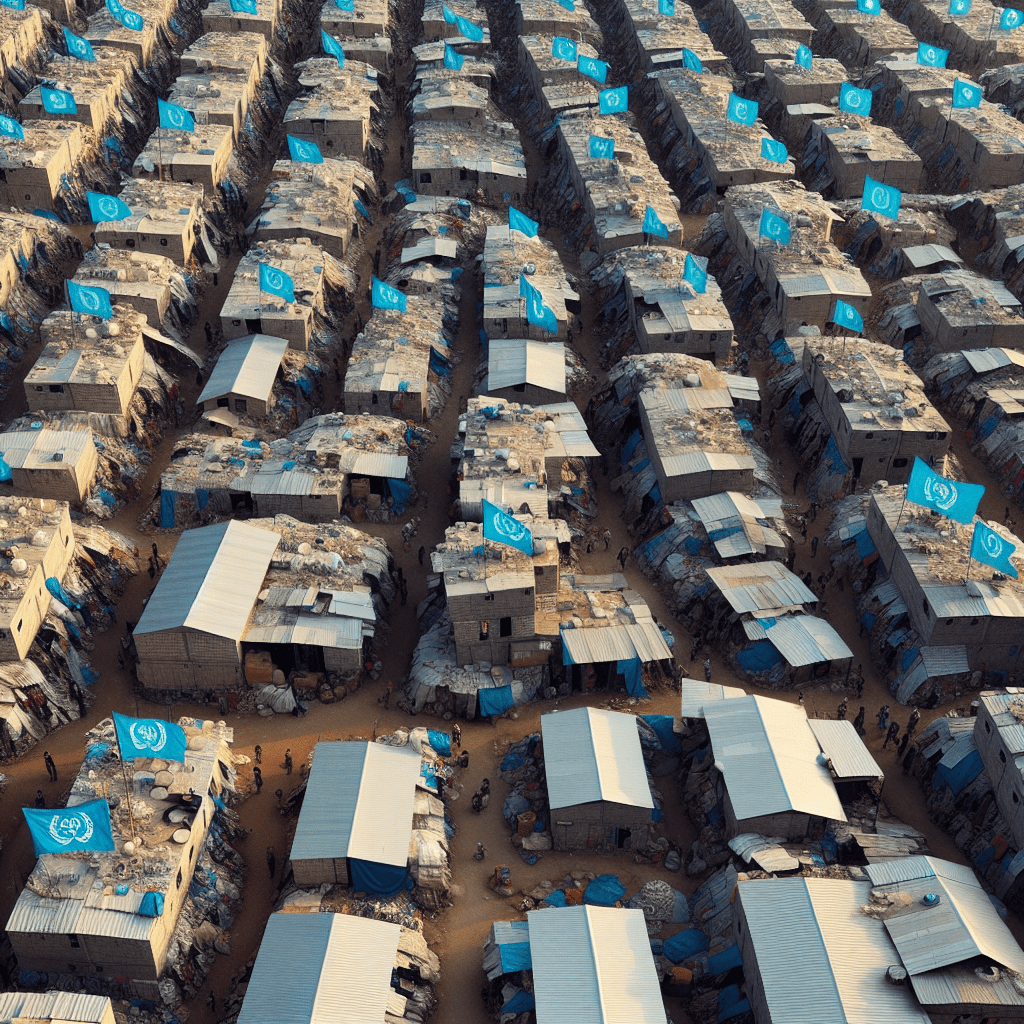## Exploring UNRWA: Pillar of Support for Palestinian Refugees ###
Introduction to UNRWA
The United Nations Relief and Works Agency for Palestine Refugees in the Near East (UNRWA) stands as a pivotal support for millions of Palestinian refugees. Founded in December 1949 through United Nations General Assembly Resolution 302, UNRWA commenced operations on May 1, 1950. It was designed as a temporary agency to provide aid to the Palestinian people affected by the 1948 Arab-Israeli conflict. However, its mandate has been renewed repeatedly due to the ongoing nature of the Palestinian refugee situation.
The Mandate and Operations of UNRWA
UNRWA’s express purpose is to support the human development and humanitarian needs of Palestinian refugees until a resolution to their situation is achieved. Its services encompass education, healthcare, social services, infrastructure and camp improvement, microfinance, and emergency response including in times of armed conflict. UNRWA’s operations extend across five regions where Palestinian refugees are known to reside in significant numbers: the West Bank, Gaza Strip, Jordan, Lebanon, and Syria.
Funding Challenges Faced by UNRWA
As an agency dependent largely on voluntary contributions from UN member states, UNRWA frequently faces financial uncertainty. Fluctuations in funding have significant impacts on its capacity to provide services. This became particularly evident in 2018 when the United States, one of the major donors, drastically cut funds to UNRWA, placing significant strain on its operations.
The Impact on Education and Health Services
One of UNRWA’s key success stories is its education service, which operates one of the largest school systems in the Middle East, providing free schooling to approximately half a million children. Furthermore, UNRWA provides comprehensive primary health care through more than 140 clinics and leads vocational training initiatives for young Palestinians.
Political Controversies Surrounding UNRWA
Criticism and controversy have surrounded UNRWA since its inception. Accusations of perpetuating the refugee issue and biases while implicating it in hosting contrary political activities within its facilities by critic nations act as major debates central to discussions on the agency’s existence and implications for regional stability.
Looking towards a Sustainable Future
Efforts towards sustainability require addressing not only the immediate needs of refugees but also considering long-term development objectives, alongside peacekeeping efforts towards resolving the Palestinian refugee issue.
Future Challenges and Strategies
As conflict and instability continue to affect Palestine and neighboring regions where Palestinian refugees live, UNRWA needs to adapt continually. Factors such as climate change, economic downturns, political shifts and proliferating crises require resilient responses from UNRWA to maintain support for Palestinian refugees.
Conclusion
UNRWA serves as a lifeline for millions of Palestinian refugees by providing critical education, health, and social services that cater not just to their survival but also contribute towards their potential empowerment. While its future may be challenging amidst political tensions and funding inconsistencies, its substantial contributions stand firmly as testament to the international community’s resolve in humanitarian support.
